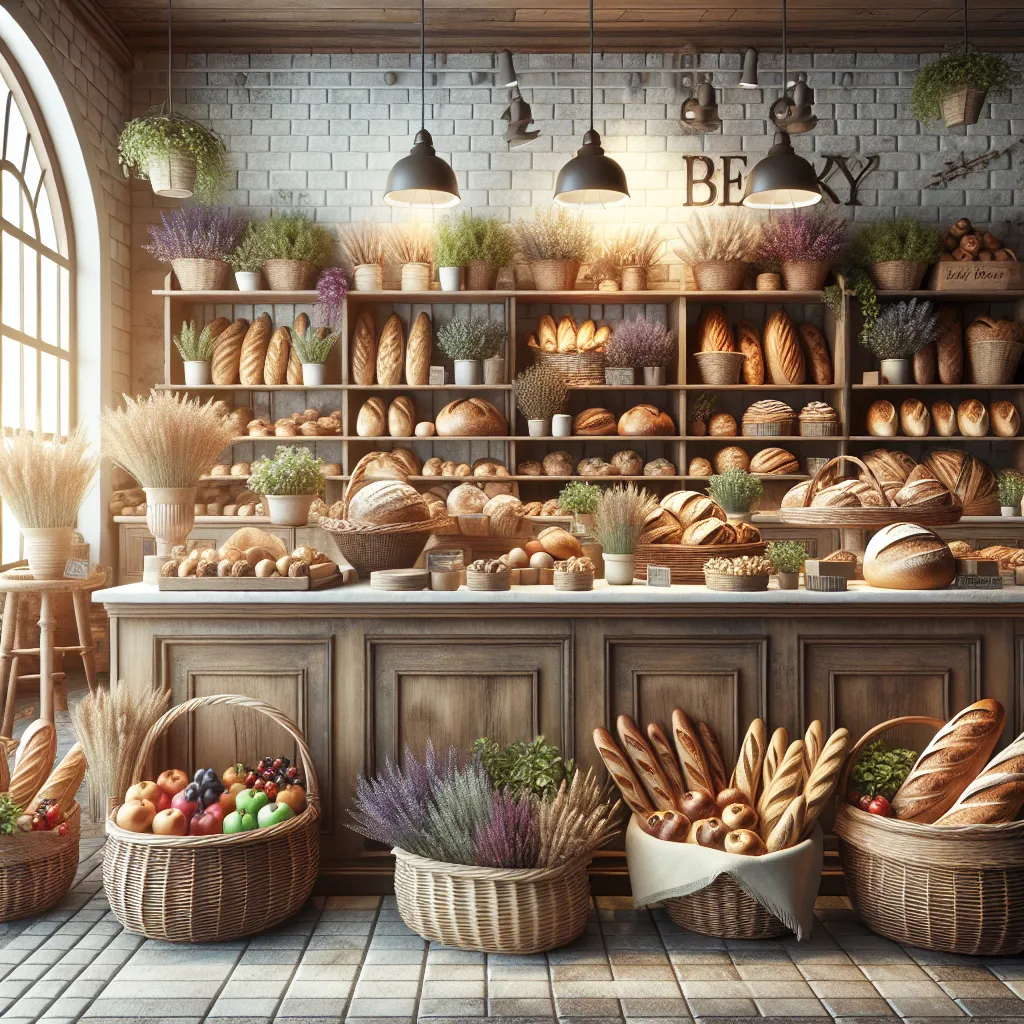The History of Artisanal Bakeries
In recent years, there has been a significant resurgence in the popularity of artisanal bakeries, marking a shift away from mass-produced bread and pastries towards handcrafted, high-quality baked goods. This trend is deeply rooted in the history of artisanal baking, which dates back to ancient civilizations. The tradition of artisanal baking can be traced to the earliest days of human civilization, where skilled bakers crafted bread using simple ingredients and traditional techniques.
Throughout history, artisanal bakeries have played a crucial role in communities, providing essential sustenance and nourishment. The industrial revolution brought significant changes to the baking industry, leading to the widespread adoption of commercialized production methods. However, in recent decades, a growing appreciation for traditional craftsmanship and a desire for authentic, wholesome foods have fueled the resurgence of artisanal bakeries.
The modern artisanal bakery movement emphasizes quality over quantity, with a focus on using locally sourced, organic ingredients and time-honored baking techniques. This emphasis on craftsmanship and attention to detail has resonated with consumers seeking unique flavors and textures that can only be achieved through artisanal methods.
As the demand for artisanal baked goods continues to rise, and consumers increasingly seek out authentic culinary experiences, the future of artisanal bakeries appears promising, with a strong foundation built on centuries of tradition and a commitment to quality.
The Culinary Craftsmanship Behind Artisanal Breads
As the demand for high-quality, handcrafted goods continues to rise, the artisanal bakery industry has experienced a significant resurgence in recent years. One of the key elements driving this trend is the culinary craftsmanship behind artisanal breads, which has captivated the palates of discerning consumers seeking authentic and delicious baked goods.
Artisanal bread-making is a meticulous process that emphasizes the use of traditional techniques, top-quality ingredients, and a deep understanding of the science behind baking. From sourdough to focaccia, each type of artisanal bread reflects the expertise and dedication of the bakers who pour their passion into every loaf. The careful selection of flour, the precise handling of dough, and the artful scoring of each loaf are just a few examples of the meticulous attention to detail that sets artisanal bread apart from mass-produced alternatives.
Furthermore, artisanal bakers often prioritize local and organic ingredients, forming partnerships with small-scale farmers and millers to ensure the utmost freshness and quality. This commitment to sourcing the finest ingredients not only contributes to the exceptional flavor and texture of artisanal bread but also promotes sustainability and supports local food ecosystems.
The resurgence of artisanal bakeries serves as a testament to the enduring appeal of handcrafted, high-quality products in an era dominated by mass production. As consumers increasingly seek out authentic culinary experiences, the artisanal bread movement continues to thrive, showcasing the unparalleled artistry and dedication of bakers who elevate bread-making to a true culinary craft.
The Local and Sustainable Movement in Artisanal Baking
The Rise of artisanal bakeries has been accompanied by a growing interest in the local and sustainable movement within the bakery industry. As consumers become more conscious of the environmental and social impact of their food choices, there has been a significant shift towards supporting bakeries that prioritize locally-sourced ingredients and sustainable practices.
Artisanal bakeries are increasingly sourcing their flour, grains, and other ingredients from local farms and millers, reducing the carbon footprint associated with transportation and supporting the regional economy. By using locally-grown and milled flour, these bakeries also promote the preservation of traditional grain varieties and the biodiversity of local agriculture.
Furthermore, the sustainable practices extend to the baking process itself. Many artisanal bakeries prioritize energy efficiency, waste reduction, and responsible water usage in their production methods. Some even implement creative solutions such as using renewable energy sources, composting organic waste, and donating leftovers to minimize their environmental impact.
The local and sustainable movement in artisanal baking is not only a response to consumer demand but also a commitment to preserving the environment and supporting local communities. As this movement continues to gain momentum, it is reshaping the bakery industry and fostering a greater sense of connection between consumers, bakers, and the sources of their ingredients.
Nurturing a Community of Artisan Bakers
As the artisanal bakery industry continues to flourish, one of the key aspects contributing to its success is the nurturing of a community of artisan bakers. These individuals, dedicated to preserving the art and tradition of baking, have formed a network that not only shares knowledge and techniques but also fosters a sense of camaraderie and support.
Artisan bakers take great pride in their craft, often utilizing locally sourced and high-quality ingredients to create unique and flavorful breads, pastries, and other baked goods. This emphasis on quality and craftsmanship has not only garnered a loyal customer base but has also inspired the growth of a community that values the artisanal approach to baking.
Through workshops, collaborative events, and online forums, artisan bakers have been able to exchange ideas, troubleshoot challenges, and celebrate successes. This sense of community has been instrumental in elevating the standard of artisanal baking while also preserving time-honored techniques.
Furthermore, the community of artisan bakers is committed to passing on their knowledge to the next generation, ensuring that the art of traditional baking continues to thrive. By mentoring aspiring bakers and sharing their wisdom, they contribute to the sustainability of the artisanal bakery industry.
In conclusion, the flourishing artisanal bakery industry owes much of its success to the nurturing of a community of artisan bakers. Through collaboration, education, and a shared passion for their craft, these individuals have played a pivotal role in preserving the art of traditional baking while also driving the industry forward.

